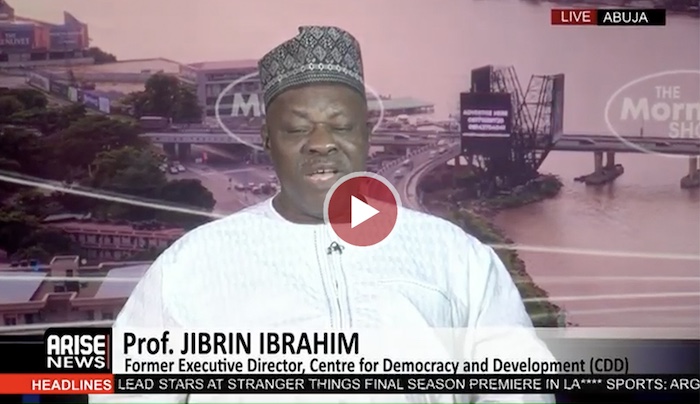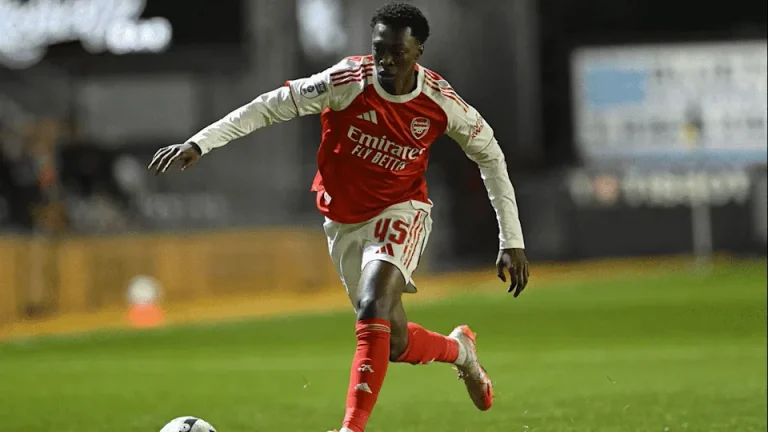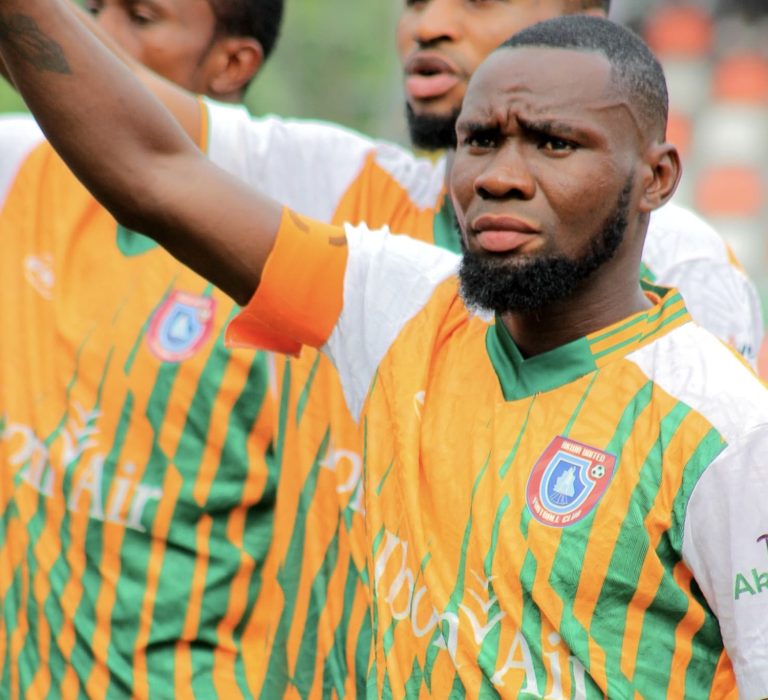
Professor Jibrin Ibrahim, former Executive Director of the Centre for Democracy and Development (CDD), has called on the Independent National Electoral Commission (INEC) to enforce strict consequences for electoral crimes to ensure credible elections in Nigeria.
Speaking in an interview on ARISE News on Friday, ahead of the Anambra governorship election, Professor Ibrahim stressed that electoral offences such as vote buying have become a major threat to democracy and the integrity of the electoral process.
He emphasised that impunity encourages repeated offences, adding that only punishment can deter electoral crimes. “If there are consequences for criminal acts, criminals stop their behaviour because they don’t want the punishment of going to jail. If, however, there are no consequences, they continue.”
He stated, “One of the major issues of concern we have expressed, the problem of vote buying and selling, which has become a huge problem in Nigeria. And I think the statements by people in authority on this regard is extremely disturbing, because what commercialization of the vote does is that it makes nonsense of the principles of election.”
Describing vote trading as a serious crime, he said security agencies must be proactive in addressing such acts during elections. “Purchase of votes is a criminal activity. There are significant security forces deployed for this election, and this purchase and sale of votes takes place in the public arena. So I think the security agencies have to be on top of their job and to make sure that whenever they do see such behaviour happening, they must intervene immediately.”
Professor Ibrahim also underscored the importance of voter education, warning citizens against selling their votes for money. “Voters need to understand that they are doing themselves harm by accepting a bit of money to give up their mandate. The mandate is secret. That’s what defines the power of the citizen, that the citizen can determine who exercises power. You can’t give that up for financial inducement.”
He urged voters to think long-term when making electoral choices. “You have to always think as a citizen, as a voter, am I looking at my next meal, or am I looking for somebody who will improve my life over a four-year period?”
Addressing voter apathy in Anambra State, Professor Ibrahim said citizens’ confidence in the electoral system determines turnout. “The voter is a rational person and when elections come, the voter asks themselves a question: will my vote count? If the voter’s belief is that the vote will count, then they are encouraged to go and participate in the process.”
He encouraged voters to come out in large numbers, assuring them of improved security and fair conduct. “I understand from the police reports that they are fully ready and these areas have been identified and monitored closely. My message would be to encourage voters to come out, that their security I believe will be guaranteed, that the elections will be peaceful and above all, the elections would be free and fair.”
On the use of technology, he expressed confidence in the deployment of the Bimodal Voter Accreditation System (BIVAS) and its role in strengthening election credibility. “I think INEC has already demonstrated over the years that technology has been a very positive force in the improvement of Nigerian elections. BIVAS is really a guarantee of integrity for these elections. It has to be deployed and it has to be used, and that’s the position of the law.”
He condemned attempts to compromise the system, saying, “There have been, of course, incidents where there’s complicity between some INEC officials and communities to bypass it. Such complicities occur when certain forces want to introduce fraud into the electoral process. It is not only illegal and unacceptable, but it erodes the integrity of our elections.”
On security deployment, Professor Ibrahim cautioned against exaggerated figures of personnel while calling for neutrality and professionalism among security agencies. “I’ve often asked INEC officials, these huge numbers of security forces deployed for off-cycle elections, are they really deployed? I think the state of knowledge is that there’s often a bit of exaggeration in terms of the numbers actually deployed.”
“The most important thing, however, is the way in which the security agencies act in a nonpartisan and neutral manner, and ensure that the threats of violence, the threats of criminal activities are eliminated from the process.”
He expressed optimism that the political climate in Anambra is now more conducive for a peaceful election. “I think this time around, the political atmosphere is much more conducive to voters coming out to vote safely. The absence of very direct threats is something that’s comforting, and that therefore voters will feel more secure to come out and vote.”
Commenting on the post-election period, he stressed the need for political maturity and respect for the outcome of free and fair polls. “We should all pray that that’s what happens, because that’s the way the culture of election is supposed to develop in every country. There is a question of presenting yourself to the people, and the people exercising their choice. And once that choice has been exercised, losers are supposed to congratulate the winners and prepare themselves for the next round.”
He concluded by calling for civic education and respect for democratic values. “Democracy is all about the role of citizens, and the most important role of a citizen in democracy is to participate in making decisions about who exercises power on their behalf. When the people have made a choice, that choice is supposed to be sacred and accepted by all, as long as the elections have been free and fair.”
Faridah Abdulkadiri



